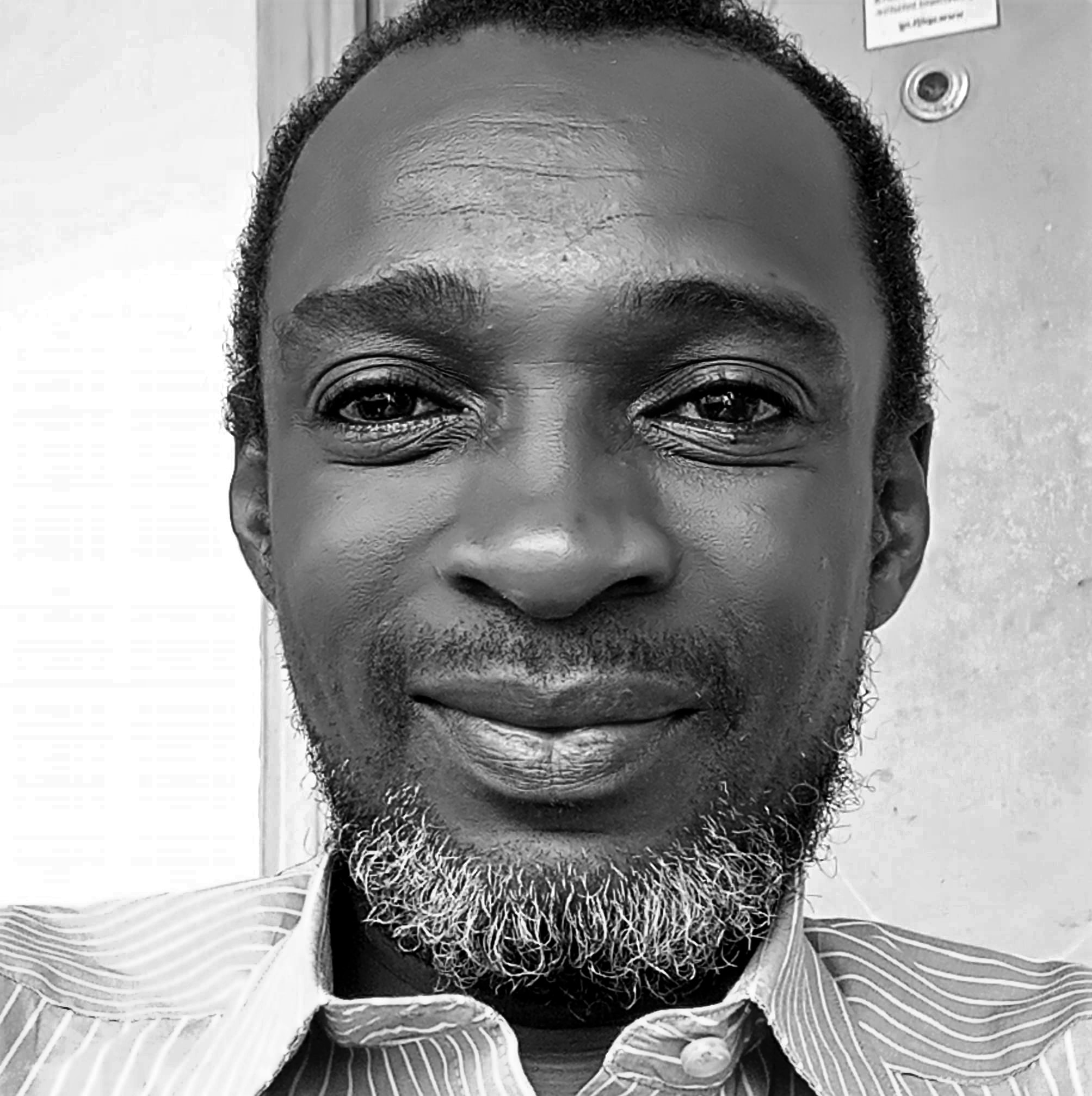
Konya Shamsrumi: What is the process of writing a poem like for you? Is it a lot of hard work or easy?
Umar Saleh Gwani: There is no standard operations procedure I follow to write a poem. To get a good poem, a lot of hard work and feedback is involved because one is writing to touch a stranger with the best poetics one can muster. Sometimes, the process is spontaneous. There are certain triggers that prompt me to write and these can be anything. Of late, it has been poems by other poets, pictures, emotions, events in current affairs and my psychological frame of mind. Often, I write down whatever comes as inspiration. Sometimes, these are just snippets that make sense to only me. Sometimes I write more than one poem and simply forget about them until a need arises to speak in such voice.
Konya Shamsrumi: Please describe your sense of identity in this or any possible world in imagery or metaphor?
Umar Saleh Gwani: I am a traveler on this earth not by choice but by the understanding of my role and responsibilities in improving lives and spreading the message of the universality of our existence beyond this place and time. I am a truth seeker, a misfit who collects laughter in jars, sharing them by night to all those trapped in various constructs without a voice or a way out. In serving humanity kindness, I hope to find peace and atonement.
Konya Shamsrumi: If any of your poems could literarily save a person’s life, which poem would it be and can you describe the person whose life you think it would have saved
Umar Saleh Gwani: Well, poems do save lives; they did save mine several times by restoring some sanity into a chaotic period of mental and physical upheavals I experienced. They gave me hope I wasn’t expecting, they took away my fears and demystified my path by allowing me

Konya Shamsrumi: What does Africa mean to you, as potential or reality?
Umar Saleh Gwani: There is no continent in the world that can challenge Africa’s potentials based on its resources and history. Sadly, we are facing an arrested development situation which is a wicked hard problem to solve. An improvement in the quantity of visionary leadership and focus has brightened Africa’s prospects as can be observed from leading examples like Rwanda, and recently Ethiopia. Something must be done to usher the emergence of good, credible leadership that will bring about an Africaness in the way we relate with other continents. Without this, we will simply be a collection of raped consumer nations, recycling our miseries despite our brilliance when opportunities open up elsewhere.
Konya Shamsrumi: Could you share with us one poem you’ve been most impressed or fascinated by? Tell us why and share favorite lines from it.
Umar Saleh Gwani: Ayn al-Qozat Hamadini, a 12th-century philosopher, in a poem about “love supreme” assures readers, “The only obligation in religion is to arrive at God by any means necessary.”
This was a wakeup call for me and with that single line; I found devotion in accomplishing necessary tasks with sincerity. Rumi is reported to have said:
The whole of my life summed up in three Phrases:
I was raw
Then, I was burnt
Now, I'm on fire.
Umar Saleh Gwani is an ICT consultant and solutions provider to a wide range of clients over satellite, mobile and microwave spectra, these under NextOne ICT, of which he is founder and CEO. He is involved in charities, book clubs, software developer’s groups, environmental advocacy, and of course poetry and prose writing. He enjoys outdoor sports activities, photography and sustainable development work at community and programme development levels. He is married with kids and currently lives in Bauchi, Nigeria.












Leave a Reply